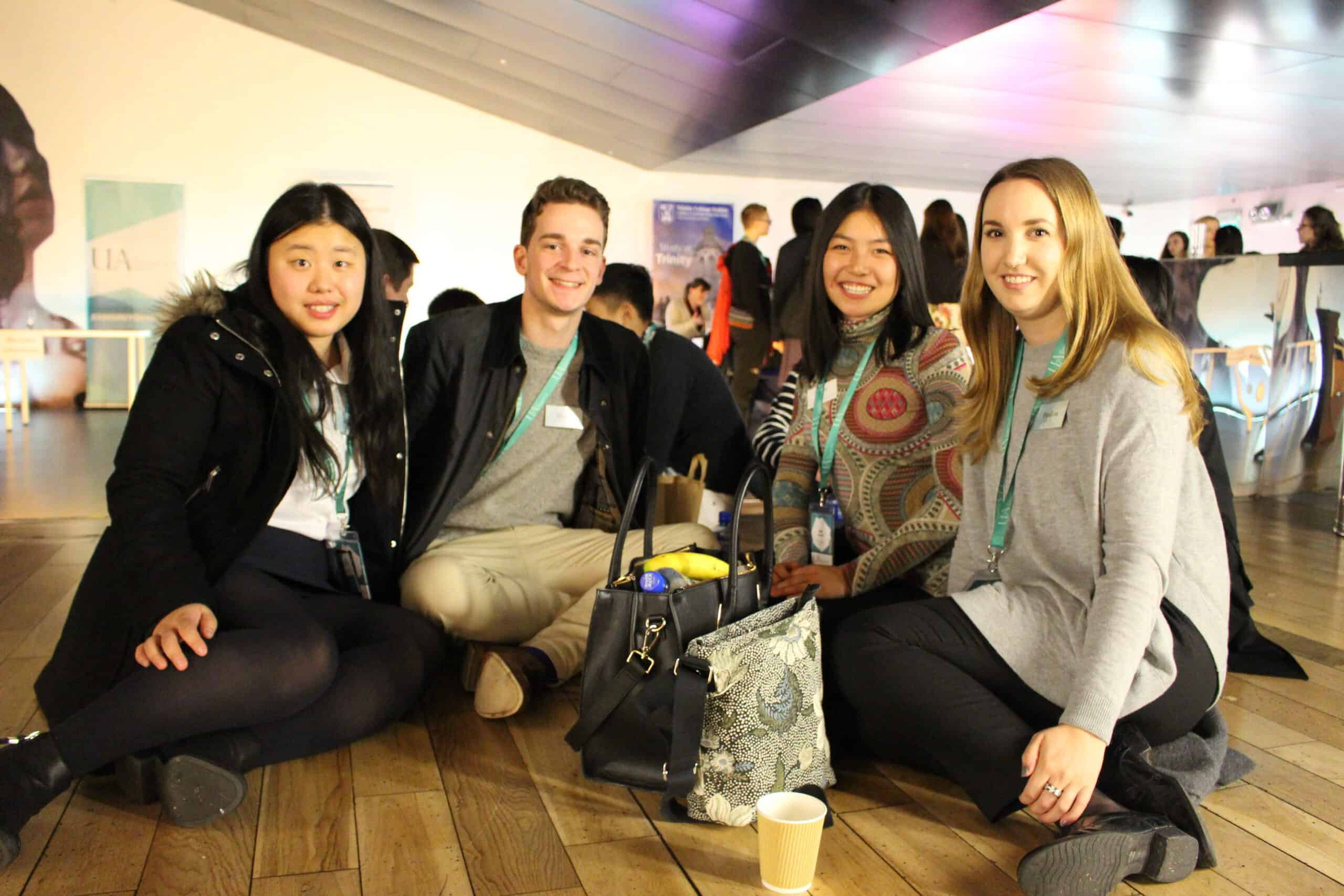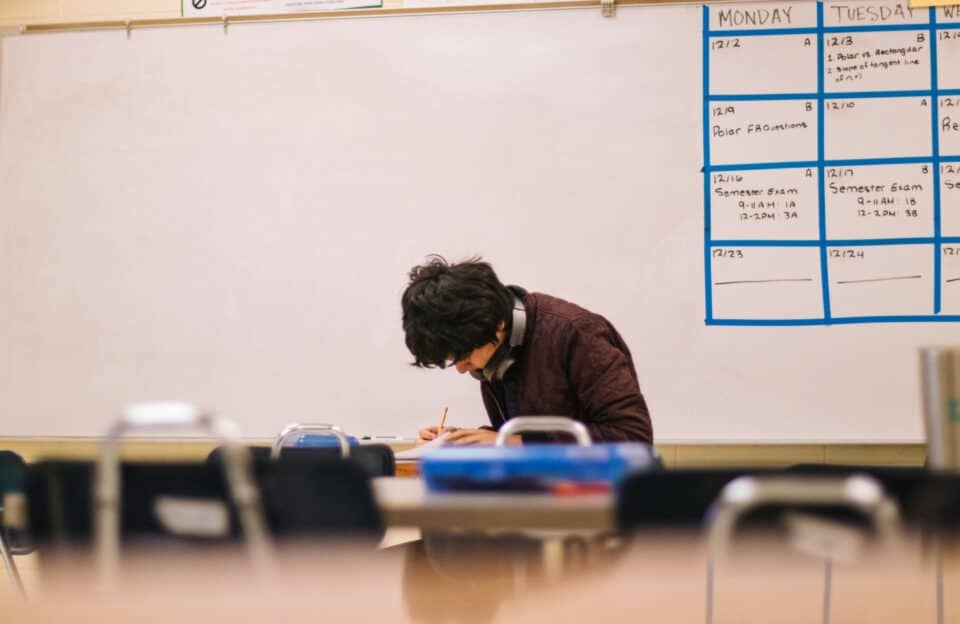Upwards of 130 students from higher education institutions across the globe gathered in Dublin, Ireland this week to be awarded for their exceptional research across various disciplines as part of the Global Summit 2017.
UA is a world-leading awards program that aims to recognise top undergraduate work, share it with a global audience and connect like-minded students.
Following a first night welcome dinner at Dublin’s historical Smock Alley Theatre, the penultimate day of the summit gave 70 of the awardees an opportunity to present their papers to an audience of their peers, mentors, and invited academics.
With research topics ranging from James Joyce to Tinder dating, each participant was tasked with presenting their project work in three minutes or less.
“The purpose of the presentations is to encourage the audience to become as passionate about the student’s work as they are,” UA executive director Brenda Cullen told Сư�洫ý.
She said the aim is for attendees to finish the day with a new understanding of different topics, and potentially some like-minded people to collaborate with.
“If someone studying law is listening to the presentation of a Renaissance literature student, they may be inspired by what the speaker is saying.
“It helps [the students] to expand their thinking and understand the importance of interdisciplinary dialogue across cultures and geographical boundaries.”
������received 6,424 submissions from 299 universities across 48 countries
Founded in 2008 in Dublin, the UA initiative was initally open to students from Ireland’s seven universities.
Today UA accepts submissions from students in any HEI in the world, and in 2017 it received 6,424 submissions from 299 universities across 48 countries.
Entrants can submit their work to one of 25 categories across a broad range of academic disciplines. The work is then anonymously assessed by a panel of 345 of international academics and industry leaders.
The best 10% of work is shortlisted as , and the top submission in each category is deemed the .
All highly commended entrants receive a certificate of recognition, with global winners also receiving a gold medal.
While 150 awardees attended the event in 2016, meant that a number of awardees were unable to attend this year’s Summit in Dublin.
According to Cullen, the inspiration for the awards came from the realisation that millions of pages filled with the ideas of bright young minds were left to sit on a shelf gathering dust each year.
“What was discovered was that in the final year of their studies, many undergraduate students start to really engage with their subject and produce some good material,” said Cullen.
“The problem is that many exceptional students don’t go on to postgraduate level, they just complete their studies and disappear into the ether. And oftentimes, we don’t recognise the value of undergraduate coursework and research.
“So the awards were created to identify those outstanding students from all over the world, welcome them to Ireland and try to connect them with each other to spark new ideas and conversations.
“Oftentimes we don’t recognise the value of undergraduate coursework and research”
“It’s wonderful to have all these participants in Dublin being celebrated, enjoying themselves and getting a flavor of Ireland as a potential destination for studying, holidays or business.”
A colloquium in the official guest house of the Irish president on the final day of the summit featured a range of speakers, including Irish minister for higher education Mary Mitchell O’Connor.
Addressing the crowd, Mitchell O’Connor commended the awardees for showing a “huge aptitude for personal growth and excellence”.
“Sharing information and ideas is the central tenet of this summit, as well as making international connections and friendships,” she said.
“Arts, creativity, and design all help to strengthen STEM into STEAM. These awards encourage students who are creative, innovative and have the capacity and confidence to work more independently.
“It is right that we recognise graduates who demonstrate a passion for their field of study and produce exceptional work, then through arts develop other passions and skills that are highly valued in the competitive world we live in,” Mitchell O’Connor added.
For a full list of UA global winners 2017, click .



